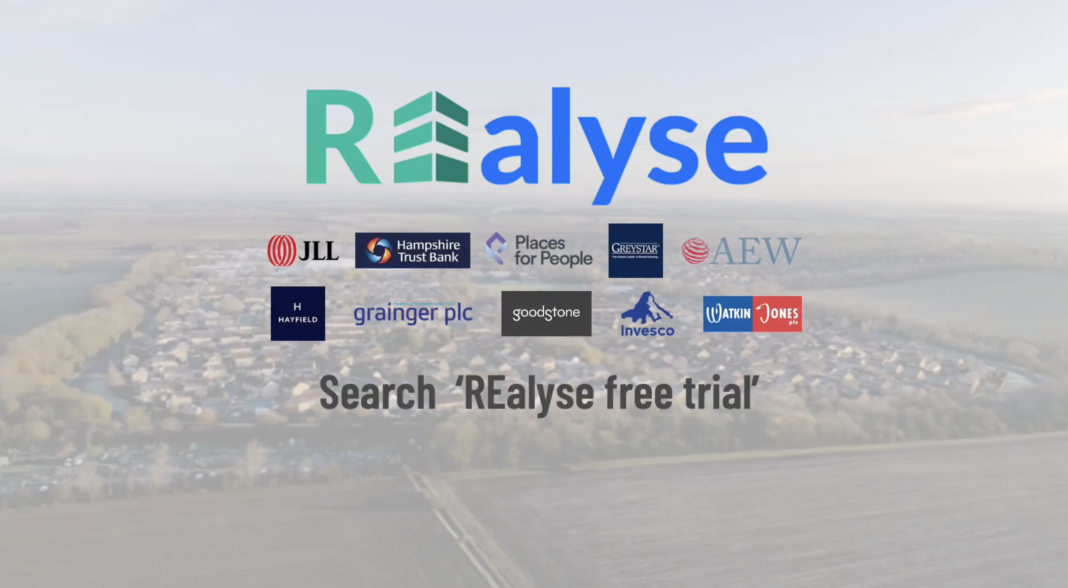Asking prices for new listings edged down in June, marking an unusual early-summer dip and highlighting the growing influence of stamp duty changes, elevated supply levels and increasingly price-sensitive buyers across the UK’s residential property market.
According to the latest data from Rightmove average new seller asking prices fell by 0.3% this month to £378,240.
While modest, the fall contrasts with the decade-long trend of monthly price rises in June and reflects a broader shift in sentiment among sellers – particularly in higher-value southern regions.
Tom Bill, head of UK residential research at Knight Frank, reckons the data underlines a growing awareness among vendors of just how much leverage buyers currently hold.
BUYERS’ MARKET

He says: “The stamp duty cliff edge in April cooled demand and sellers have realised just how much of a buyers’ market it is.
“The number of new UK listings in May was 25% higher than the five-year average while the number of new buyers was a fifth lower, Knight Frank data shows.
“Supply has risen for reasons that include delayed activity due to last year’s election and Budget, a degree of financial distress as mortgage rates normalise, and a growing number of landlords trying to sell due to legislative changes.
“Whatever the cause, asking prices need to reflect this imbalance, particularly for anyone wanting to move before speculation ahead of the autumn Budget potentially drags on activity after the summer.”
Knight Frank’s figures align with broader market dynamics. Buyer enquiries remain resilient in certain regions, but a wave of new listings – up 11% year-on-year – is intensifying competition among sellers and exposing unrealistic pricing, especially for flats and homes requiring refurbishment.
STAND OUT FROM THE CROWD

Jeremy Leaf, north London estate agent and a former RICS Residential Chairman, says: “The amount of unsold stock is rising and transaction numbers are falling.
“However, the overwhelming majority of agreed sales are holding, although some prices are softening.
“We are telling sellers who are also buyers, but receiving little or no interest in their properties, to concentrate on the difference between the two and reduce closer to their bottom line while still leaving room for negotiation.
“New sellers, particularly of flats, need to recognise quickly the buyers’ market conditions and price to stand out from the crowd.”
AFFORDABILITY PRESSURES
While activity levels remain healthy – with May recording the highest number of agreed sales since March 2022 – affordability pressures continue to weigh.
Rightmove’s data suggests that homes which generate an enquiry on day one are 22% more likely to secure a buyer than those that remain unengaged after a fortnight, highlighting the importance of accurate pricing and strong presentation in the current market.
This month’s price dip is also being seen in the context of stamp duty increases introduced in April, which have disproportionately affected southern England, second-home hotspots and higher-value urban markets.
STAMP DUTY BACKLASH

Toby Leek, President of NAEA Propertymark, adds: “This modest dip is welcome but is more than likely due as a result of the backlash in the increase in stamp duty across England and Northern Ireland.
“A considerable number of first-time buyers will see this dip in house prices balanced out by the tax increase.
“Moving forward, many homebuyers will need additional support in order to enter onto the property ladder considering first time buyers need around a £60,000 deposit to buy a home.”
MORTGAGE UNCERTAINTY
With a looming general election, speculation over fiscal tightening in the autumn, and continuing uncertainty in the mortgage market – where 5-year fixed rates are currently averaging 4.61% – seasoned agents are urging sellers to act decisively now, before momentum slows.

Nick Jones, Mortgage Sales and Marketing Director of Access Financial Services, says: “First-time-buyers who want to take advantage of opportunities out there could do worse than investigate some of the low-deposit mortgage products out there now.
“High LTV mortgages, including 97%, 99% and even 100% LTV options, have seen a resurgence recently.
“Lenders such as April Mortgages, Vida Homeloans, Gable Mortgages, Halifax and Accord Mortgages are offering innovative solutions that balance risk and opportunity, products designed for tenants who demonstrate financial responsibility but who struggle to save a substantial deposit amid rising rents and living costs.”
ZERO DEPOSIT
He adds: “Gable Mortgages, for instance, has two 0% deposit, five-year fixed products: a standard option at 6.29% and a new-build version at 5.99%, with loans up to £1 million.
“These high LTV mortgages could offer hope to responsible, mortgage-ready FTBs – hindered only by the deposit barrier – enabling them to capitalise on a temporary dip in June prices as new sellers adjust their expectations.”









